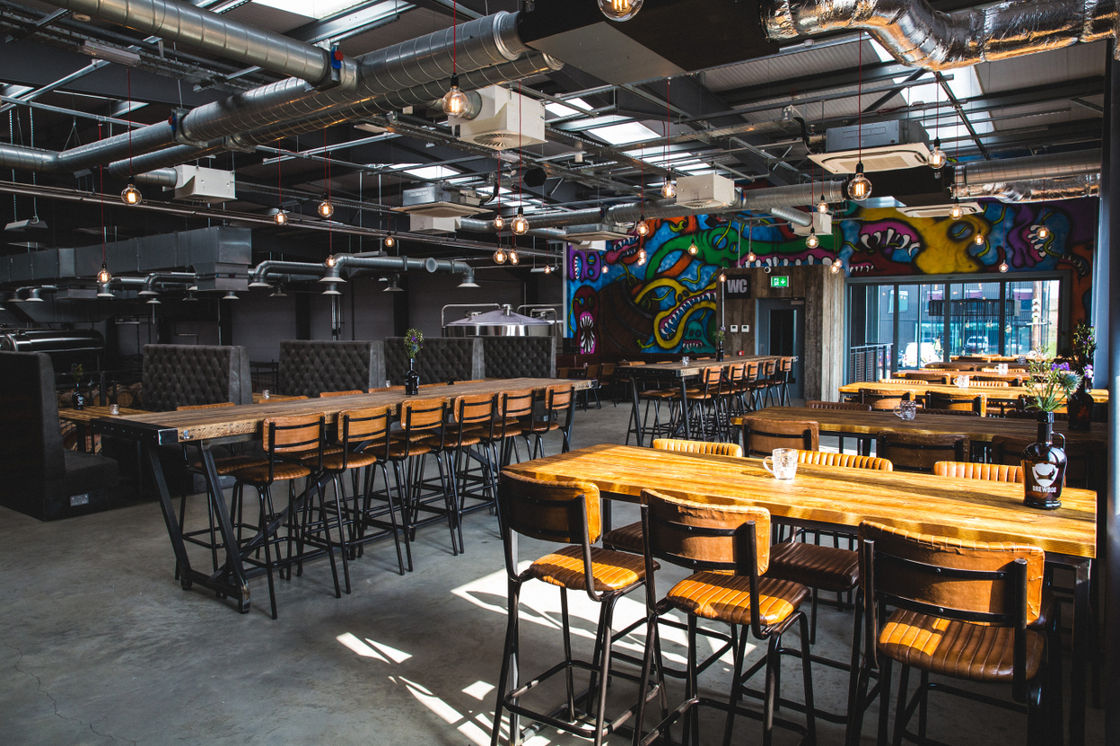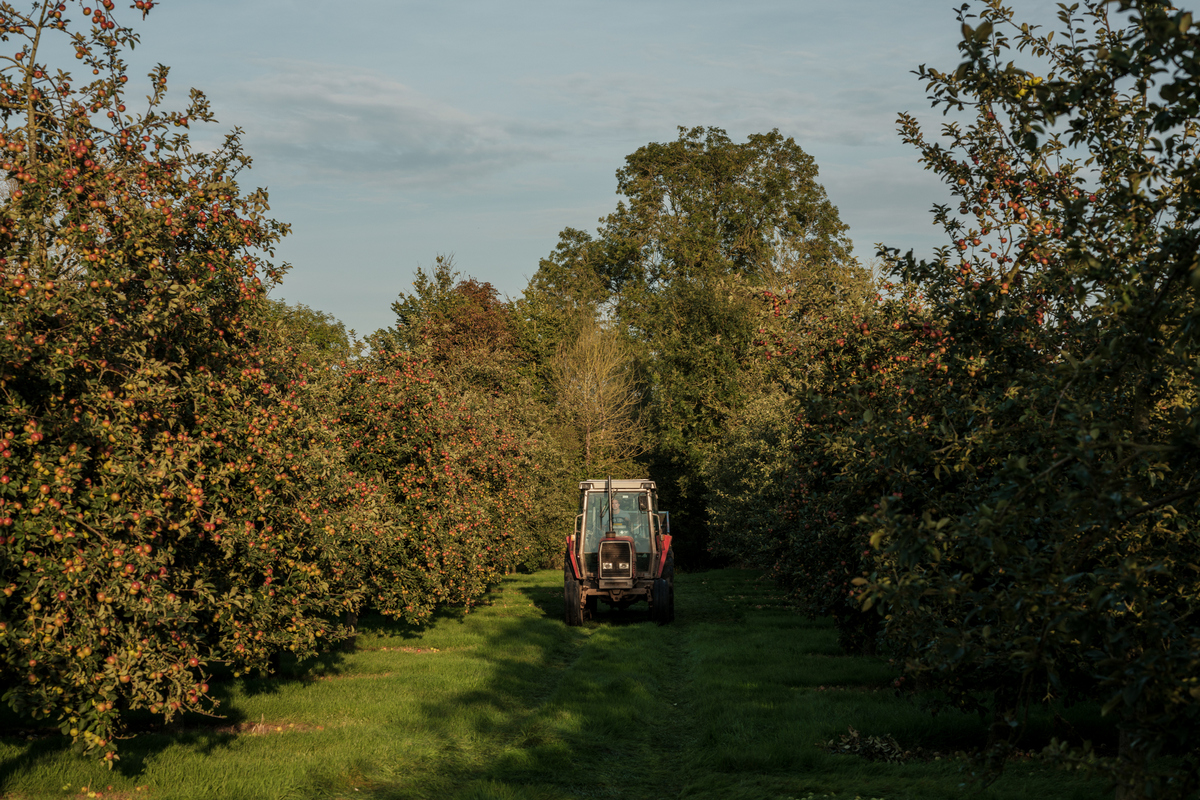BrewDog is to close 10 of its bars — including its first ever venue, in Aberdeen — to focus on destination hubs and community bars.

The other closing bars are in Brighton, Camden, Dundee, Leeds North Street, Oxford, Sheffield, Shepherd’s Bush, Shoreditch, and York.
“Despite our best efforts, and the hard work of our teams, it has simply not been possible to make these bars commercially viable,” said a spokesperson for BrewDog.
“This decision is not simply a response to the challenging UK hospitality market, but a proactive decision to redefine the bar division’s focus for long-term and profitable growth — accounting for ongoing industry challenges, including rising costs, increased regulation, and economic pressures.”
• Upham Inns has acquired 14 pubs from Oakham Inns and Restaurants after the latter went into administration.
“We have been long-term admirers of the Oakman Inns pub estate and the quality of their team and their offer, ever since Peter Borg-Neal founded the group in 2007,” said Upham chief executive Kevin Todd.
“We look forward to welcoming the new team into our family and working together to create an exciting premium pub group, now with 28 fabulous locations. Upham Inns are currently in Southern locations, and this deal extends our coverage into the Midlands and South East.”
• Red Oak Taverns has reported recorded turnover in the year ended 31st December, 2024, up from £20,663,263 to £24,558,388.
The strong performance was underpinned “by careful financial management, operational resilience, and a continued focus on delivering value”, said Mark Grunnell, who co-founded the company with Aaron Brown.
“A key factor driving the increase in sales was the continued investment in our estate, with £3.1m spent on maintenance and capital expenditure,” he added.
“In addition, we strengthened our partnerships with tenants to support and enhance operational performance.”
During the year, the company acquired 19 sites, and disposed of nine underperforming venues.
• Sales at brewer and pubco JW Lees reached a record £100m in the year to 31st March, but it said measures announced in last year’s Budget — such as the increase in employers’ National Insurance contributions — would cost it £2m per year.
Turnover for the year increased from £95.8m to £99.9m, with pe-tax profit static at £7.1m.
The company said that, potentially more significant for it than the NI costs was the change to inheritance tax. This removes the benefit of 100% business relief, which allows family-owned businesses, like JW Lees, to be transferred from one generation to the next without a tax hit.
“JW Lees remains hopeful the government will listen to reason and decide not to enact the changes as announced, but the chancellor has not yet disclosed details of the changes, and so JW Lees continues to lobby for industry consultation to this change,” said a company spokesperson.
• Building on a strong performance through the first half, sales growth at Mitchells & Butlers has remained well ahead of the market through the third quarter.
Easter and recent sunny weather have helped to increase like-for-like sales growth for the year to date to 4.5%.
“The business continues to perform strongly, enabling us to meet the cost challenges facing the sector with confidence,” said chief executive Phil Urban.
“We will remain focused on our Ignite programme of initiatives and our successful capital investment programme, driving cost efficiencies and increasing sales.”
• Marston’s has given a trading update for the fist 41 weeks of its financial year, with like-for-like sales doing well. Like-for-like sales for the 15 weeks to 12th July rose 2.9%, in line with expectations, and delivered against a strong prior year comparator, which included the Euro 2024 Championships.
“We’re excited about the momentum we’re building throughout the business, with our performance enhanced by a strong pipeline of demand-driving events, continued growth from Order & Pay, and our ongoing revenue management initiatives,” said chief executive Justin Platt.
“We’ve made excellent progress against our strategic priorities so far this year, delivering improved margin performance, strong cash generation and the roll-out of our new pub formats.
“This momentum and our disciplined execution across the business gives us great confidence for the future, and we remain firmly on-track to deliver on full-year market expectations.”
• Like-for-like sales at JD Wetherspoon increased by 5.1% in the 12 weeks to 20th July, compared to the same period last year. Year-to-date like-for-like sales increased by 5.1%.





